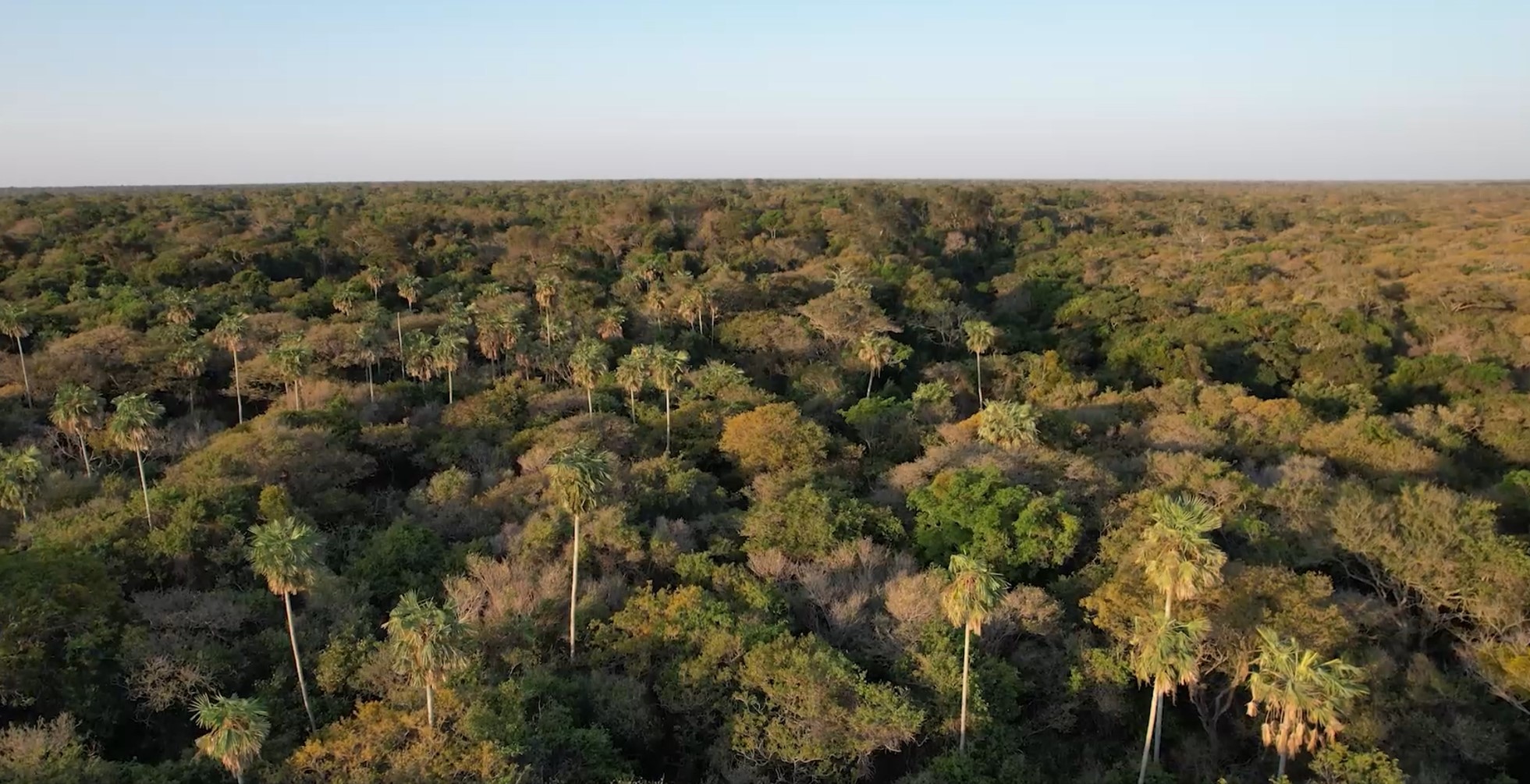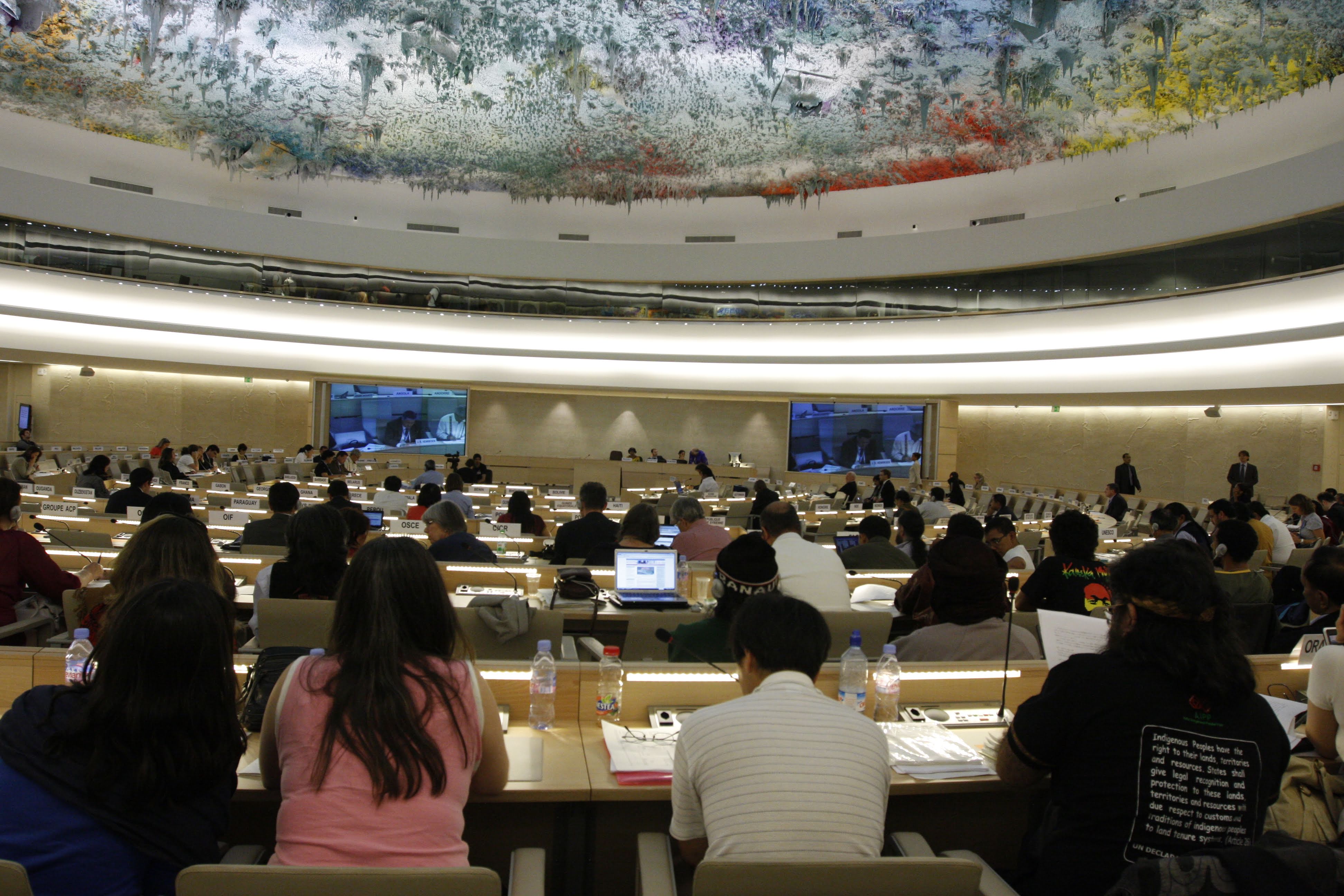
Indigenous governance and conservation of the commons in Bolivia
BY LEONARDO TAMBURINI FOR DEBATES INDÍGENAS
The relationship between Indigenous Peoples and the environmental movement has not always been on the best or terms. Although the communities have protected nature where they have lived for centuries, it took years for conservationist organizations to understand that wild flora and fauna do not only occupy forests. While some conservationists continue to call for the expulsion of Indigenous people from protected areas, others have understood the role Indigenous communities play in the reproduction of life. In Bolivia, the Guarani have created protected areas under their own regulations, while five Amazonian peoples have just created a protected area rich in biodiversity.








